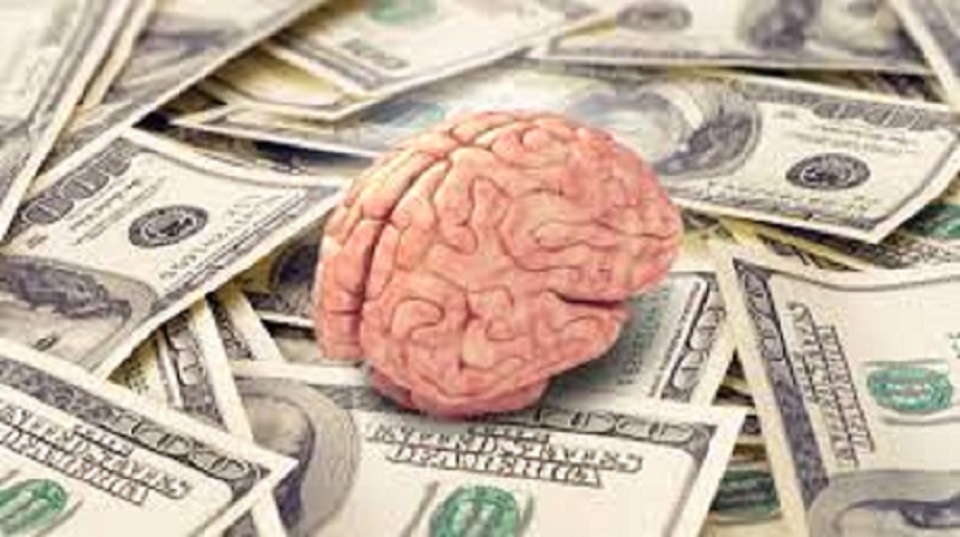Money through the history of man’s existence and evolution has taken a lot of forms, shapes and names, yet in all of its nomenclature and morphology, money still has the same meaning; a tool, a medium for exchange.
Money has been the unit by which wealth is measured; those regarded as rich and wealthy have money in abundance (in what ever form it may be) and those who are called poor are wanting of money. As a result of the social classes that the possession and lack of money has made in the society, money is regarded as the source of power and control. They that possess money in abundance seem to assume control and power over those who do not (consciously or unconsciously).
This possession of wealth has been said (according to psychological and social experiments) to lead to hatred of the rich by the poor and lack of compassion for the poor by the rich. The interplay of these two forces has put the desire and acquisition of money in an unfriendly state; as the root of all of society’s misfortunes and evil.
The fact remains that the desire to acquire more power and control in life (in the form of money) is the driving force behind all our hustles and work, we want to get more of this thing that tends to put its owner at an advantage. A lot of psychological research and experiments have gone into this and the findings are consistent with the fact that the poor hate the rich, and the rich think less about the poor.
This money psychology has been associated to fiat currency (i.e. money made available by a central controlling body), but the emergence of digital currencies- Bitcoin being in the forefront of this, seems to be introducing a new set of psychology and feeling towards money.
This is primarily due to the fact that unlike fiat currency, cryptocurrencies are not produced by a set of persons or body, they are not controlled by a central authority, they are not monitored by a government, their transfer is not censored by a middleman (in form of commercial banks and FinTechs). The mining nature of Bitcoin has introduced a whole new era of how people think about money; with cryptocurrencies, everyone can get involved in the process of making money for themselves as much as they want (via mining and storage in digital wallets) financial transactions can be done without charges or third party border restrictions on who can and who cannot transfer or receive money.
These features have a stunning effect on how we see money, how we use it and the possibilities that we attach to money. We no longer see money as what only a group of persons are involved in producing and controlling.


